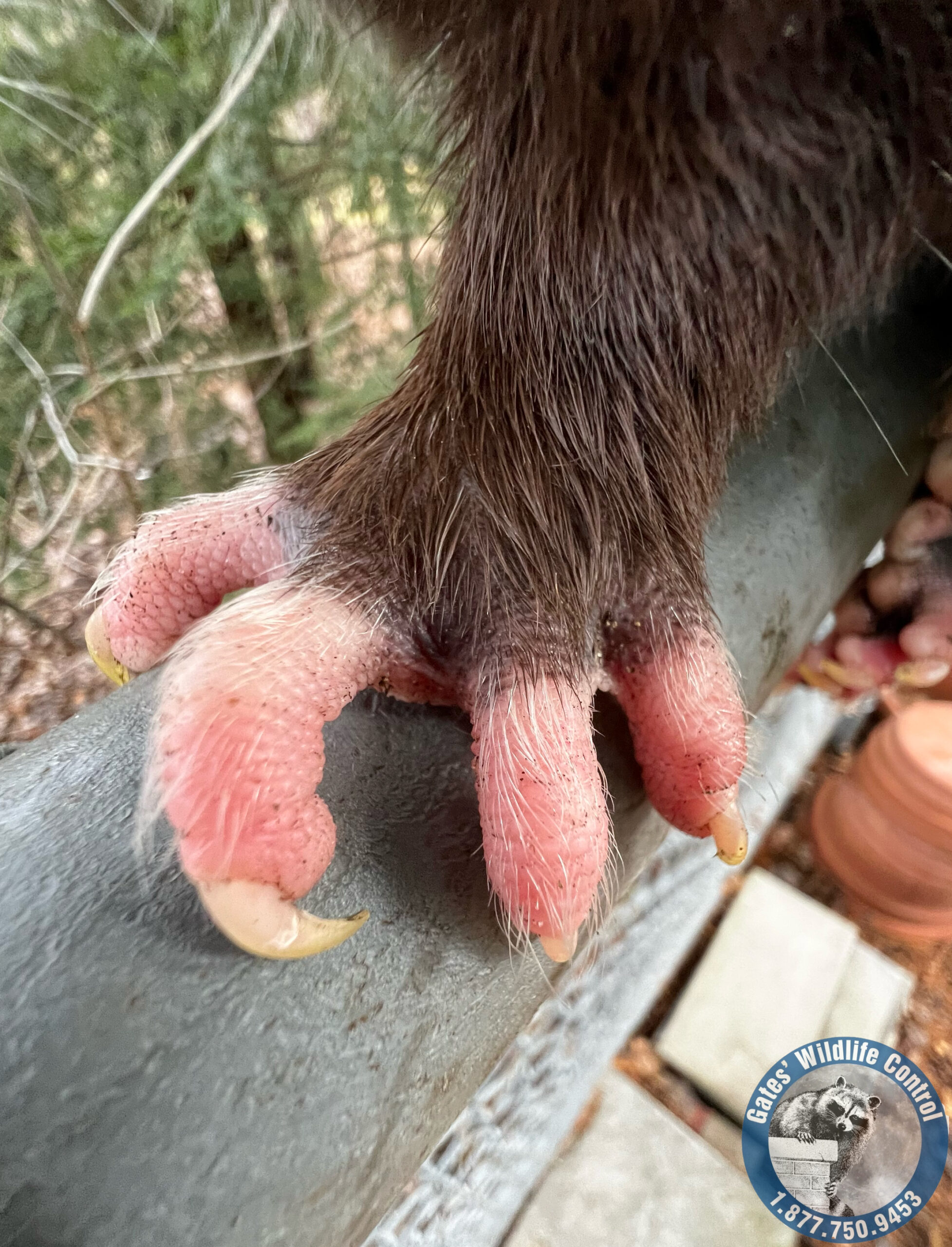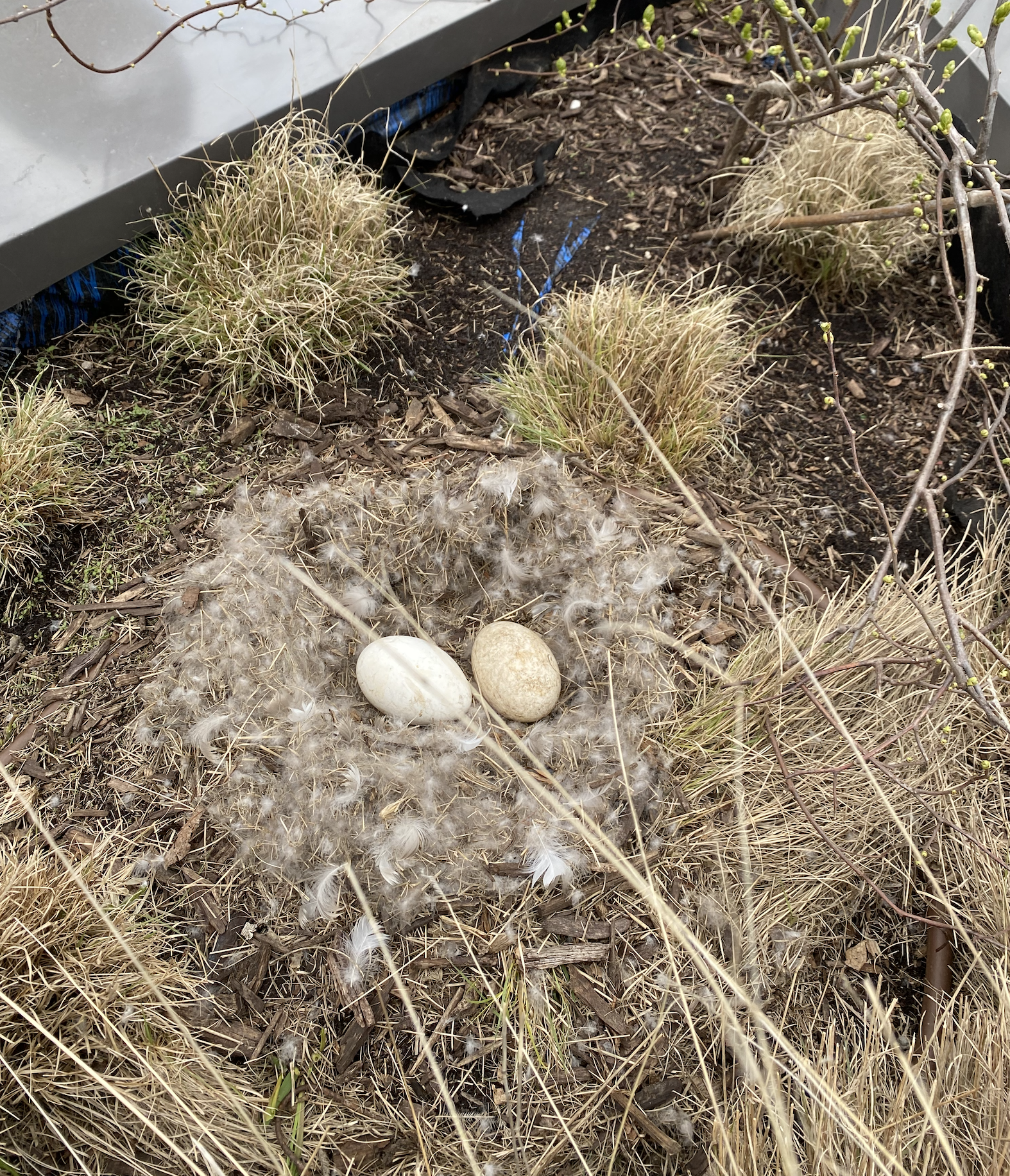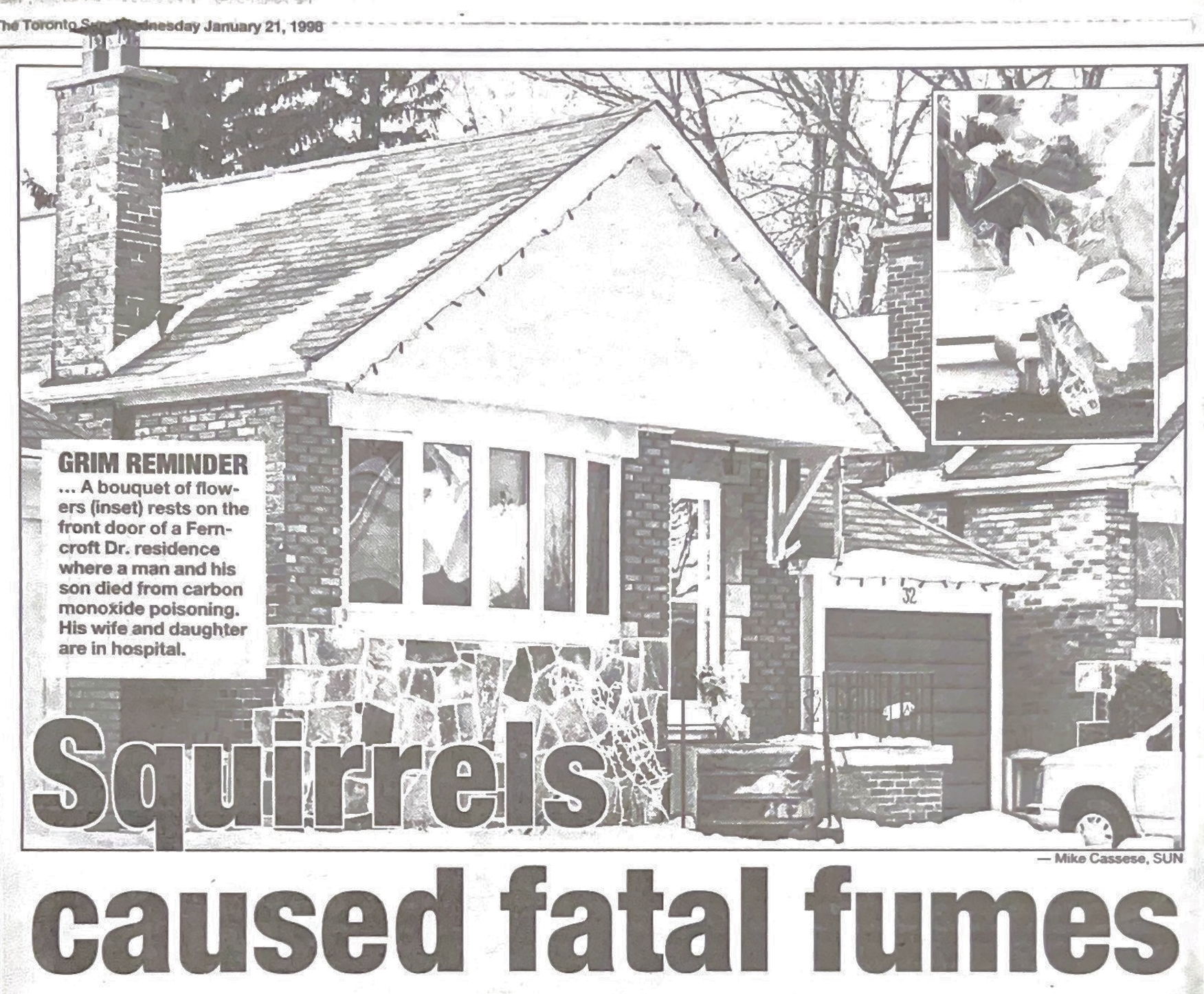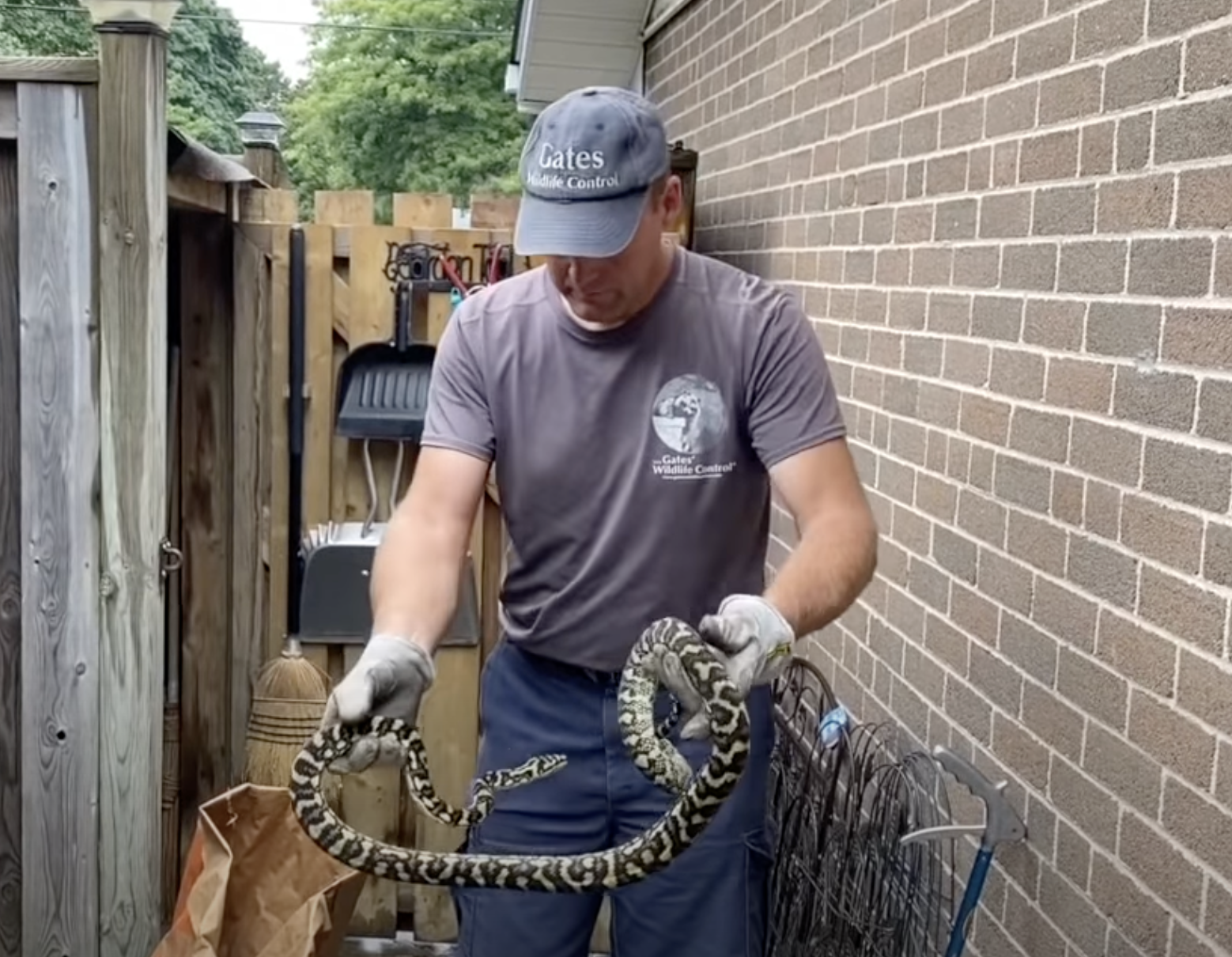
Guess the Mysterious Nocturnal Creature!
Can you guess which animal this is? Hint: It is known for its distinctive “prehensile” tail. This creature, with its unique feature, can sometimes be mistaken for a large rodent but holds its own place in the diverse world of wildlife. Here’s another clue: look at these sharp, nimble claws









